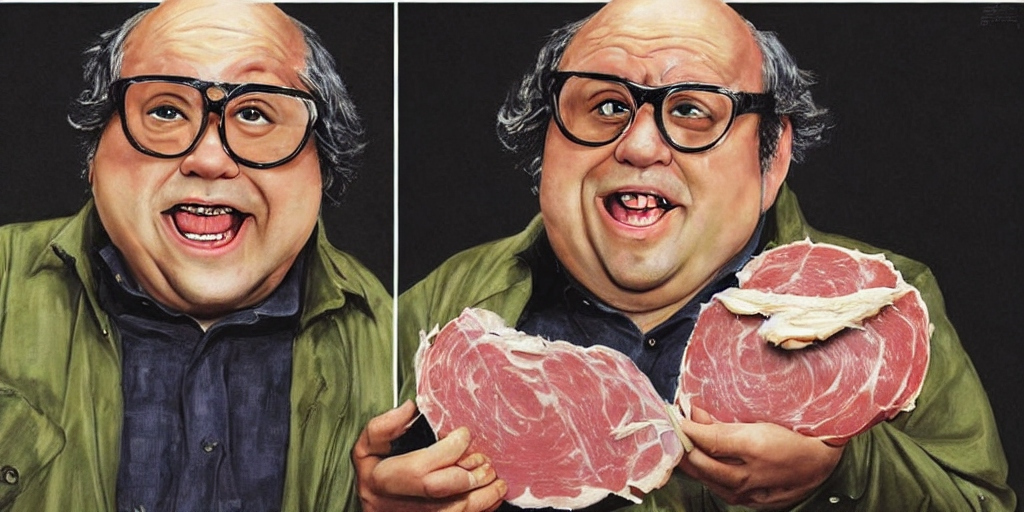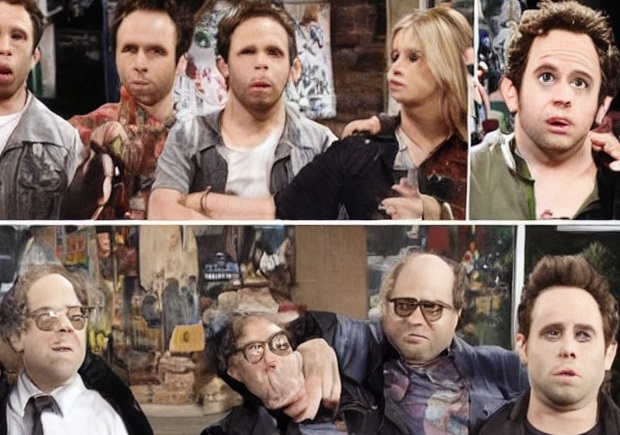As a criminal defense lawyer, I spend my days navigating the intricacies of the legal system, advocating for my clients and working towards justice. But even in the serious world of law, there’s always room for a little humor. And when it comes to legal references in popular culture, few shows do it better than “It’s Always Sunny in Philadelphia.” This cult comedy series created by Rob McElhenney follows the absurd antics of a group of morally corrupt friends who run an unsuccessful Irish bar in South Philadelphia. From their outrageous behavior to their outrageous legal encounters, “The Gang,” as they call themselves, consistently finds themselves in legal limbo with outrageous legal references that are as entertaining as they are outrageous.
Throughout the show’s 15 seasons and counting, “It’s Always Sunny in Philadelphia” has used legal references in creative and humorous ways, often bending or breaking the law in absurd and laughable manners. Let’s take a dive into some of the show’s most memorable legal references that have left viewers in stitches.
Bird Law
One of the most famous legal references in “It’s Always Sunny in Philadelphia” is the concept of “Bird Law,” which is often referenced by Charlie Kelly (played by Charlie Day), the illiterate and eccentric member of The Gang. Charlie claims to have extensive knowledge of Bird Law, which he uses to justify his absurd behavior, such as keeping a crow as a pet or taking matters into his own hands when dealing with pigeons. Of course, Bird Law is not a real legal concept, and Charlie’s interpretation of it is hilariously misguided. Nevertheless, Charlie’s insistence on his expertise in Bird Law adds a comedic twist to the show’s legal antics.
The McPoyles’ Incestuous Relationship
The McPoyles, a dysfunctional and creepy family who are recurring characters on the show, are known for their disturbingly close and incestuous relationship. Despite the obvious legal and moral implications of their behavior, the McPoyles often engage in outrageous acts of misconduct, including marrying each other, engaging in obscene acts, holding the gang hostage, and pursuing frivolous legal action against others. The legal references in the McPoyles’ antics highlight the show’s dark and twisted sense of humor, as well as the characters’ complete disregard for the law and societal norms.
Frank Reynolds’ Legal Shenanigans
Frank Reynolds (played by Danny DeVito), the eccentric father figure of The Gang, is known for his wild and unpredictable behavior, which often involves him getting into legal trouble. Frank has engaged in various illegal activities, including tax evasion, identity theft, and drug trafficking, among others. However, he often manages to escape legal consequences with his cunning and manipulative tactics, often citing fictional or exaggerated legal references to justify his actions. Frank’s absurd and outrageous legal shenanigans serve as a running joke in the show and add to the overall hilarity and absurdity of the show’s legal references.

“Oh, this is ham soaked in rum. It is loaded with booze.” – Frank Reynolds
Dennis Reynolds’ Questionable Business Practices
Dennis Reynolds (played by Glenn Howerton), one of the main characters in the show, is known for his unethical and exploitative business practices. As a co-owner of the Paddy’s Pub, Dennis often engages in shady dealings, including illegal schemes to make money, such as faking injuries for insurance claims, evading taxes, and engaging in fraudulent business ventures. Despite his blatant disregard for the law, Dennis often tries to justify his actions with absurd legal references, misinterpreting laws and legal concepts to suit his own selfish interests. His misguided understanding of the law adds a comedic element to his nefarious activities and further emphasizes the show’s satirical take on legal matters.
In conclusion, “It’s Always Sunny in Philadelphia” has provided viewers with a hilarious dive into the world of legal references, often bending or breaking the law in absurd and outrageous ways. From Bird Law to the McPoyles’ incestuous relationship, Dennis’ unethical business practices, Frank’s legal shenanigans, the show has created a unique and humorous portrayal of the legal system. While the legal references in the show are not accurate representations of the law, they add to the show’s dark and twisted sense of humor, showcasing the characters’ complete disregard for legal norms and their outrageous antics in legal limbo.
So, next time you’re watching “It’s Always Sunny in Philadelphia,” keep an eye out for the show’s outrageous legal antics and get ready to laugh your way through the legal limbo of The Gang’s misadventures. After all, it’s always sunny when it comes to legal references in this side-splitting TV show!

